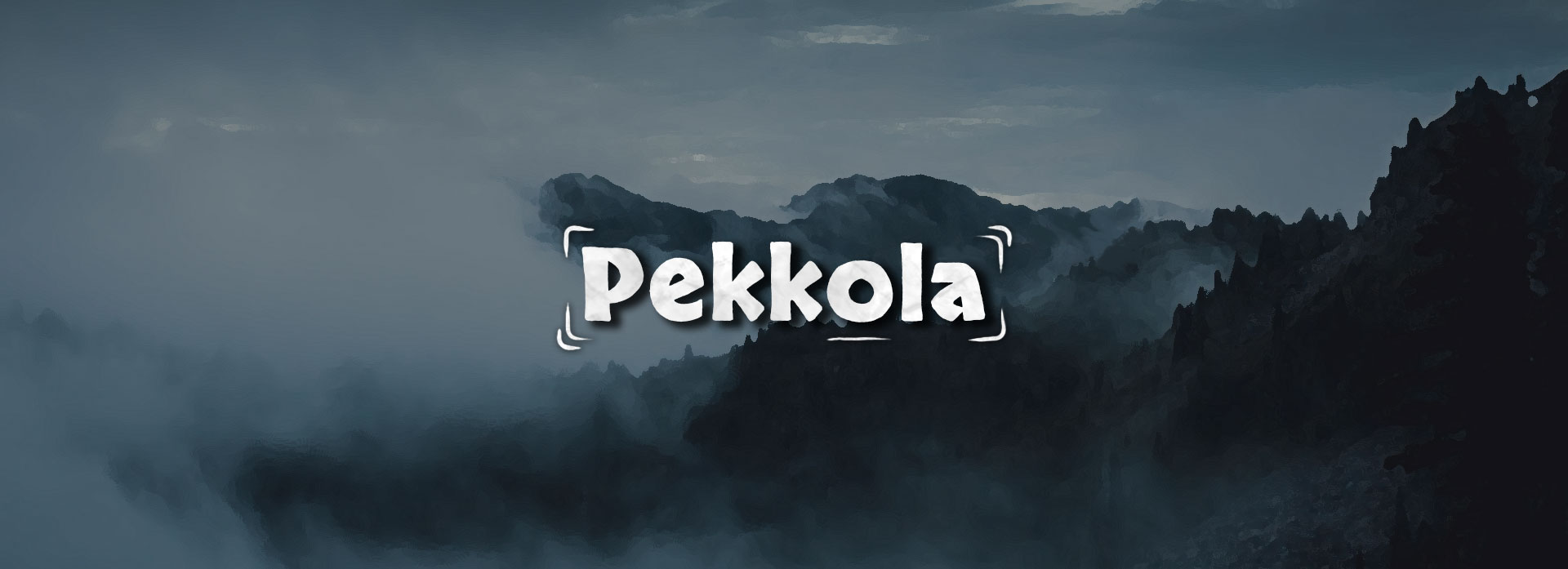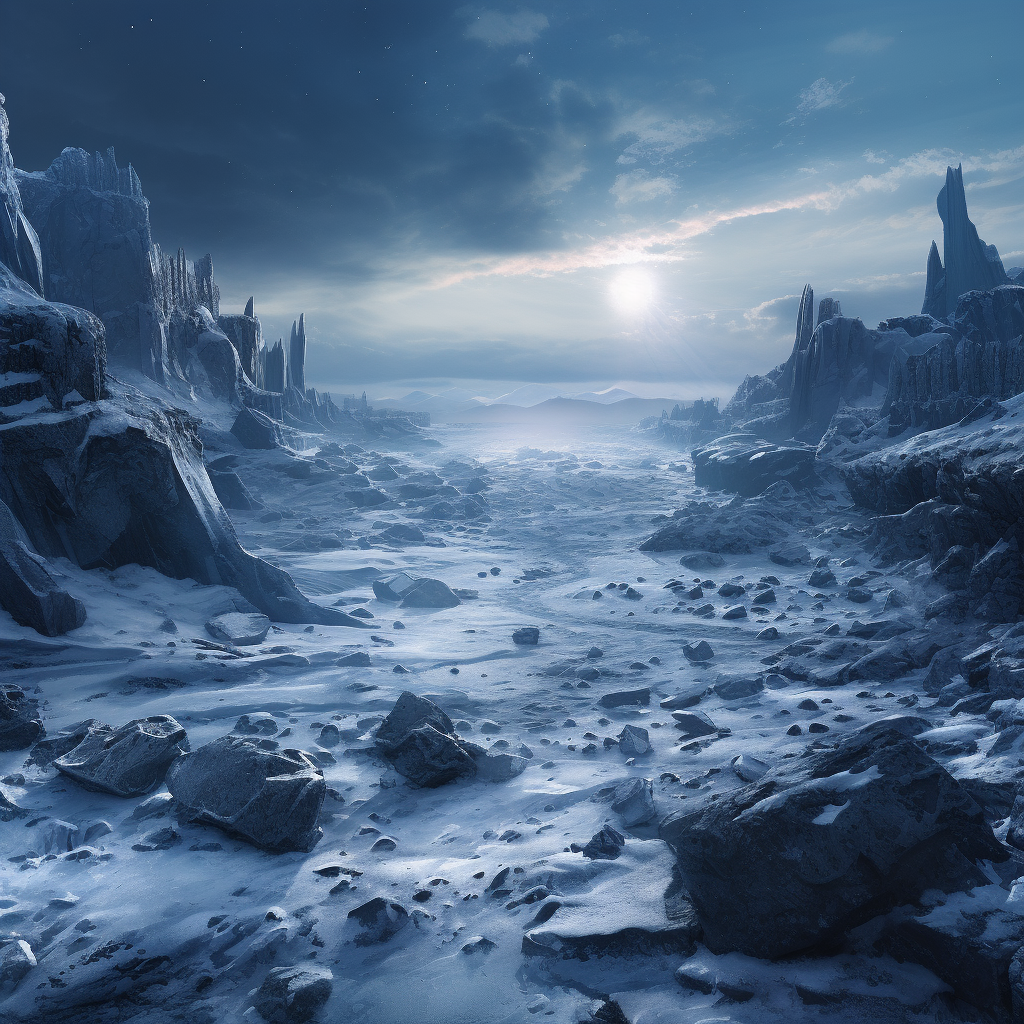Freezing of Æþíne
Desolation of the Far North
It is said that the frost came down upon our forefathers even faster than an army on the march. Cities were devoured by ice and snow and thousands were unfortunately left behind as they couldn’t keep up with the rapid migration to our new homeland.The Freezing of Æþíne was a disastrous event that resulted in the mass migration of the Vakner into northern Pekkola around a thousand years ago. Temperatures were said to have lowered drastically during a summer, forcing people to rely more and more on hunting and fishing, but as winter rolled around a great famine ensued. The local wildlife had been as famished as the men who hunted them and those who could migrated south. The predecessors of the Vakner were forced to admit defeat after a brutal winter and spring. When they realised that another cold summer was upon them, they followed the herds of reindeer and elk south, forever abandoning their ancient homes and many of their friends and family who were too weak to carry on.
Impact on Pekkola
The significant decrease in average temperatures and the ultimate desolation of the far north affected more than just the lands of Æþíne. All the resilient and hardy civilisations that lived off the rough lands were forced to move, and so did much of the wildlife. The cold had significant effects on agriculture in the previously temperate fields of northern Pekkola, significantly weakening the local tribes in the area. Agricultural Collapse
Before the Vakner had even arrived in Pekkola, the frigid cold that had arrived brought upon signs of change. Much like in Æþíne, the agriculture in Pekkola, especially in Rothnia, had suffered greatly.
The land hadn’t been densly populated in the first place, but its people soon found themselves even more alone as a large portion of them chose to move south.
Arrival of the Vakner
The tired and frostbite-ridden men and women who had escaped the northern frost found themselves in a new land that looked ripe for settlement and the climate reminded them of home.
Those native to the land who still remained quickly found themselves assimilated into the new culture who had taken over their lands, whether peacefully or by force.
Ecological Disaster
Countless species that inhabited Æþíne perished during the great freeze. While many of them did attempt to flee, only a few, such as the arctic mink, survived the ecological disaster.
There were other creatures of legend that managed to escape, but they did so in too few numbers and were unable to recover and adapt to the new environment.
The collapse of the Æþínish ecosystem
Harvest failiures in northern Pekkola
Type
Natural





Oh no! The animals! D:
Cool reads: Reaching the Meeraz | University of Delavar | Meeraz Morrow | Catoblepon's rambles